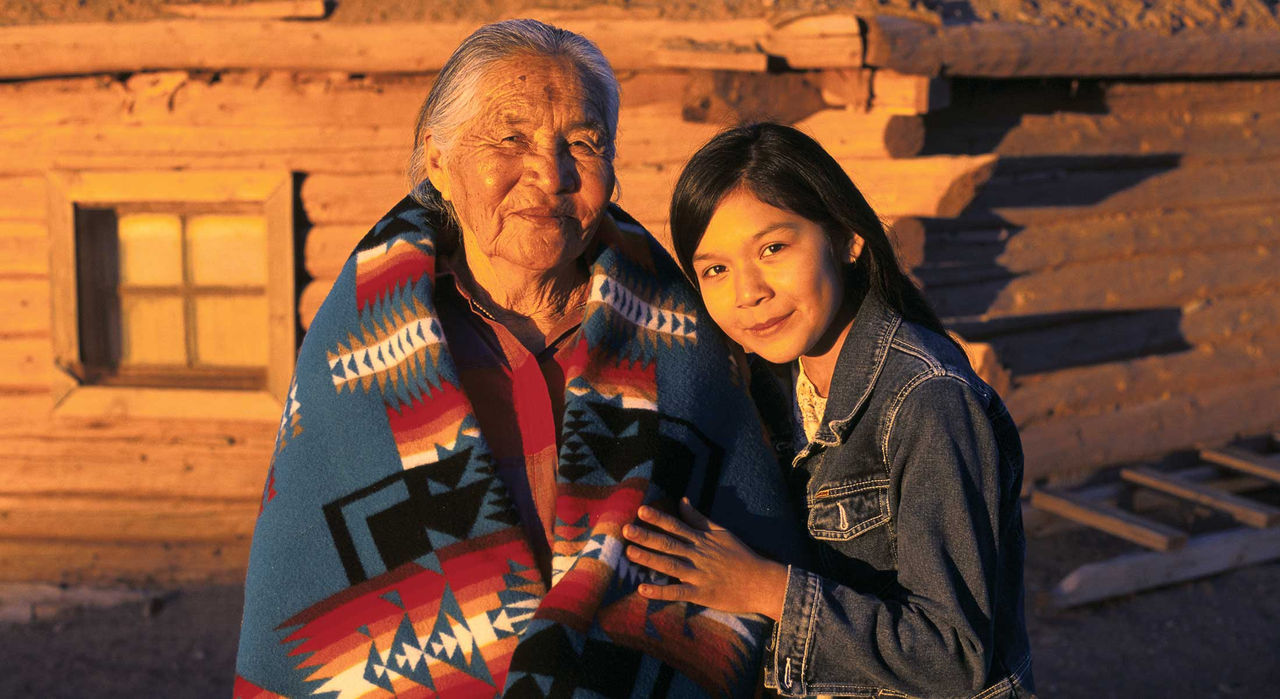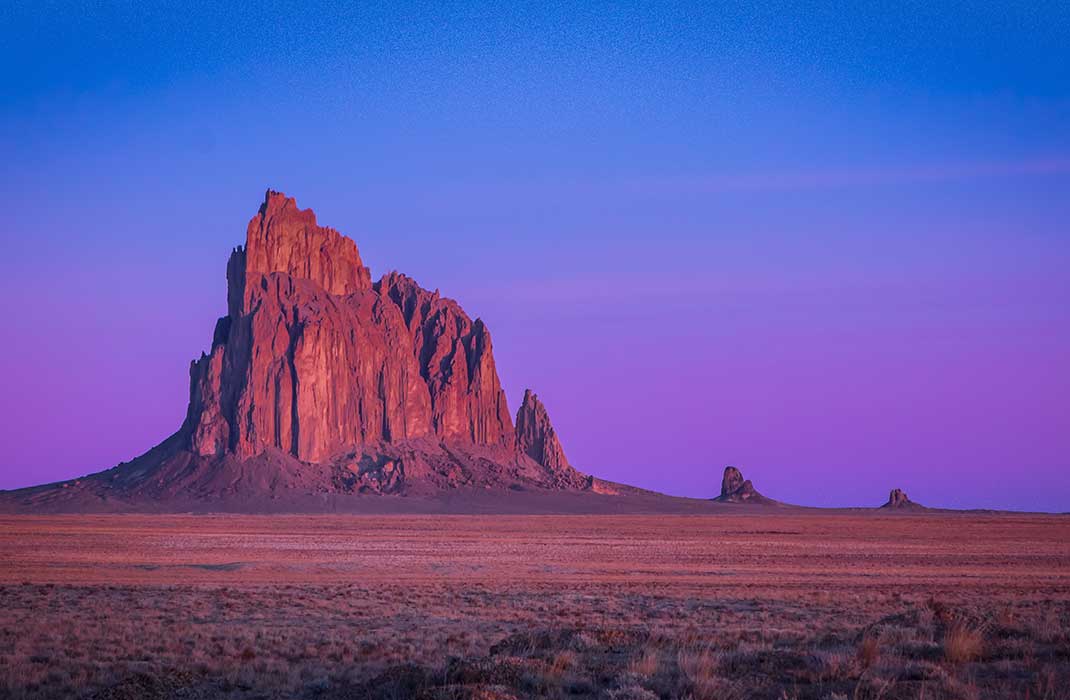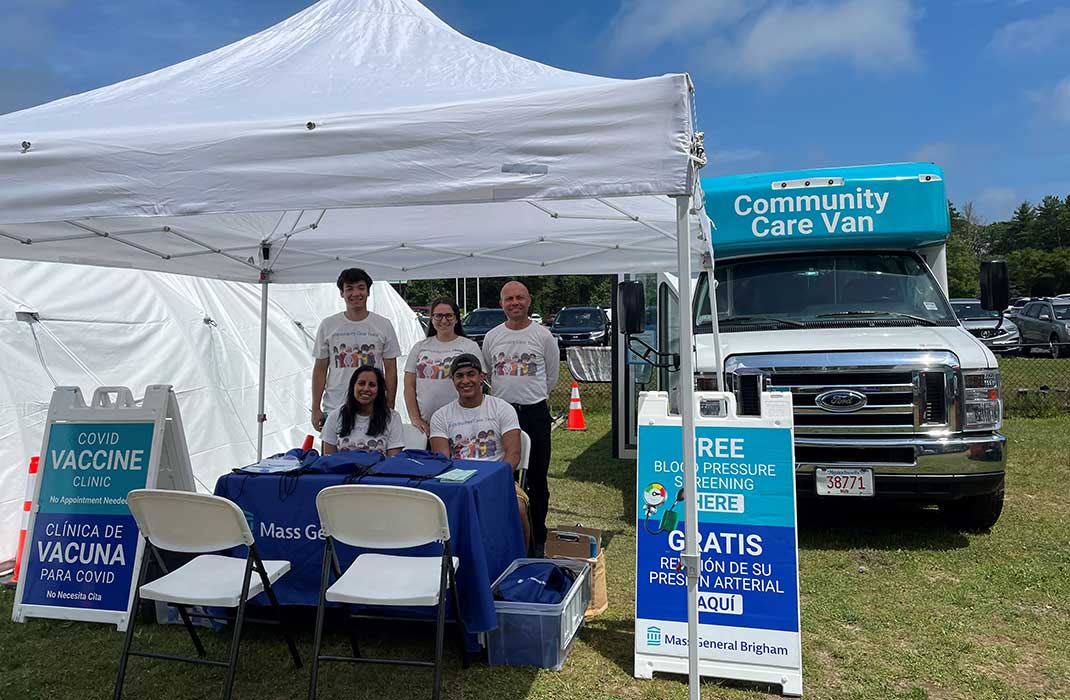-
- Find Care
-
- Visitor Information
- Find a Location
- Shuttles
- Visitor Policies
-
-
-
- Our Virtual Care Options
- Virtual Urgent Care
- Virtual Visits for Primary & Specialty Care
- Online Second Opinions
- Participate in Research
-
- Contact us
-
- For Innovators
- Commercialization Guide for Innovators
-
-
- Research News
- Alzheimer's Disease
- Artificial Intelligence
-
- Overview
-
- Overview
- Getting Started
- New to Mass General Brigham
- International Patient Services
- What Is Patient Gateway?
- Planning Your Visit
- Find a Doctor (opens link in new tab)
- Appointments
- Patient Resources
- Health & Wellness
- Flu, COVID-19, & RSV
- Billing & Insurance
- Financial Assistance
- Medicare and MassHealth ACOs
- Participate in Research
- Educational Resources
- Visitor Information
- Find a Location
- Shuttles
- Visitor Policies
- Find Care
-
- Overview
- Our Virtual Care Options
- Virtual Urgent Care
- Virtual Visits for Primary & Specialty Care
- Online Second Opinions
-
- Overview
- Participate in Research
-
- Overview
- About Innovation
- About
- Team
- News
- For Industry
- Venture Capital and Investments
- World Medical Innovation Forum (opens link in new tab)
- Featured Licensing Opportunities
- For Innovators
- Commercialization Guide for Innovators
- Contact us
-
- Overview
- Information for Researchers
- Compliance Office
- Research Cores
- Clinical Trials
- Advisory Services
- Featured Research
- Two Centuries of Breakthroughs
- Advances in Motion (opens link in new tab)
- Brigham on a Mission (opens link in new tab)
- Gene and Cell Therapy Institute
- Research News
- Alzheimer's Disease
- Artificial Intelligence
-
- Overview
-
- Overview
- Residency & fellowship programs
- Brigham and Women's Hospital
- Massachusetts General Hospital
- Mass Eye and Ear
- Newton-Wellesley Hospital
- Salem Hospital
- Integrated Mass General Brigham Programs
- Centers of Expertise
- Global & Community Health
- Health Policy & Management
- Healthcare Quality & Patient Safey
- Medical Education
- For trainees
- Prospective trainees
- Incoming trainees
- Current trainees
- Continuing Professional Development
Improving Care for Native Americans Through Community Health Partnerships

With a focus on improving access and equity for patients, Mass General Brigham’s community health efforts continue to expand to better address health disparities in underserved communities. An often-overlooked population faced with a staggering rate of chronic health conditions and access inequalities is the Native American community. With the help of national and regional partners, Mass General Brigham is taking great strides to improve the underlying conditions that contribute to poor health and unmet care needs for Native Americans across the United States and more locally in Massachusetts.
Ellen Bell, MBA, MPH, Director, Community Health Outreach and Training Programs, Mass General Brigham comments, “Inadequate infrastructure, limited specialty care, and woeful underfunding contribute to well-documented and astounding health disparities in our Native American communities — all of which were severely intensified during the COVID pandemic.”
As of the end of 2021, the average life expectancy of Native Americans is 65.2 years compared to 76.4 years for the general U.S. populations. One in six Native Americans has diagnosed diabetes (more than double the prevalence for the general U.S. population) and this community has the highest rates of death than all other Americans in a wide range of chronic conditions and unintentional and intentional injuries. In addition to the highest COVID-19 mortality rate of any ethnicity in the U.S., American Indian Non-Hispanic communities in Massachusetts have the highest rate of opioid related deaths compared to other minoritized populations according to a June 2023 report by the Massachusetts Department of Health.
Native American LifeLines Boston Site Director Nichol Brewer-Lowry, MSc (Lumbee Tribe of N.C.) comments, “We are excited to be part of a new partnership with Mass General Brigham. This alliance will allow us to better meet the needs of the Native American communities and tribal nations across Massachusetts. The time is ‘now’ to change the health outcomes of Native peoples, and we can make this change if we work together, and combine resources and talent, to bring Native Americans back into visibility. Native American people continue to be underrepresented within healthcare data collection. Even within the insufficient data, we have an increasingly clear picture that Native peoples are suffering various disease states at rates that outpace every other racial/ethnic population in the United States.”
Through well-coordinated events focused on Native American communities, resources like the Mass General Brigham Community Care Vans are providing mobile medical services, such as health screenings, vaccines and interventions for chronic health conditions. First implemented during the COVID-19 pandemic, these vans deliver expanded care to more than 25 communities in partnership with community-based organizations to improve access, equity and community health outcomes while continually reinforcing the United Against Racism initiative.

